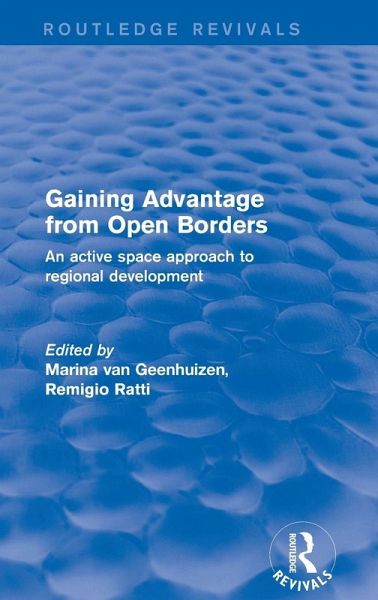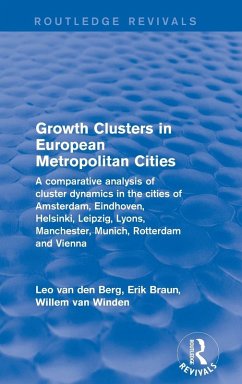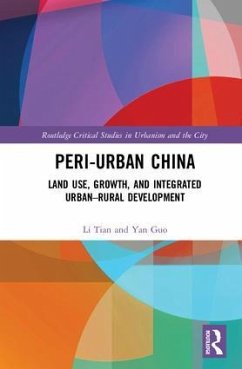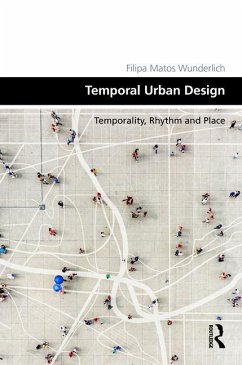
Revival
Gaining Advantage from Open Borders (2001): An Active Space Approach to Regional Development
Herausgeber: Geenhuizen, Marina Van
Versandkostenfrei!
Versandfertig in 1-2 Wochen
115,99 €
inkl. MwSt.
Weitere Ausgaben:

PAYBACK Punkte
58 °P sammeln!
This title was first published in 2001. The contributors to this book examine how changing political borders and disappearing obstacles in transport have led to diverging patterns of interaction between European regions, with different outcomes.














